Why bariatric patients need a meal tracking app (and which ones actually work)
After bariatric surgery, your relationship with food changes dramatically. Suddenly you’re tracking protein goals, measuring tiny portions, and trying to remember if you took your vitamins this morning.
A good meal tracking app becomes your digital sidekick through this journey – helping you monitor nutrition, stay hydrated, remember supplements, and track your progress.
But not all tracking apps are created equal. Some are specifically designed for the unique needs of bariatric patients, while others well, let’s just say they don’t quite get it.
So let’s dive into why you need a specialized tracking app and which ones are actually worth downloading.
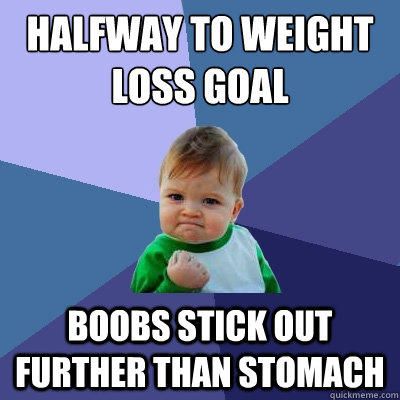
Why Meal Tracking Apps Matter After Weight Loss Surgery
If you’ve had (or are planning to have) bariatric surgery, you already know the drill – strict dietary protocols, protein targets, hydration goals, and a cabinet full of vitamins.
According to the American Society for Metabolic and Bariatric Surgery, sticking to these guidelines is absolutely essential for long-term success. It’s not just about losing weight; it’s about keeping it off and staying healthy.
Think of a bariatric-specific app as your personal coach that:
- Reminds you to eat (yes, skipping meals is a common problem!)
- Helps you hit those protein goals
- Makes sure you’re drinking enough water
- Keeps you on schedule with vitamins
- Shows your progress over time
Studies show that patients who consistently track their habits after surgery tend to lose more excess weight and keep it off longer. It’s not magic – it’s just what happens when you stay accountable.
Key Features to Look For in a Bariatric App
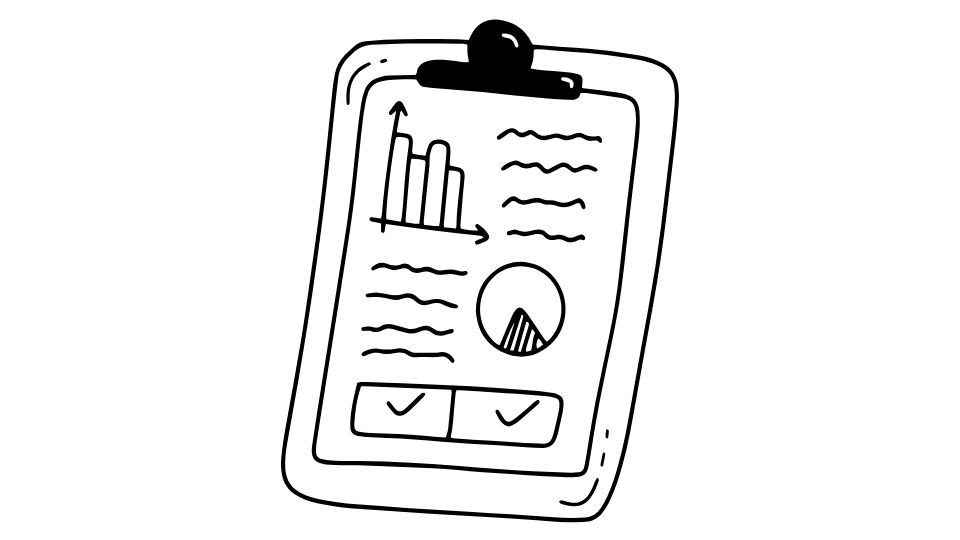
Not all food tracking apps understand the unique needs of bariatric patients. Here’s what to look for:
Nutrition Features
- Protein-focused tracking (the most important nutrient after surgery)
- Calorie monitoring tailored to post-op phases
- Barcode scanning for quick food logging
- Portion size guidance (because 3oz of chicken suddenly feels like a feast)
Health Monitoring
- Water intake tracking (dehydration is the #1 cause of readmission after surgery)
- Vitamin and medication reminders
- Weight and BMI graphing
- Progress photos to visually see changes
Behavior Support
- Bite timers to encourage slow eating (essential after surgery!)
- Meal timers to space out your eating
- Reminders to avoid drinking with meals
- Exercise logging appropriate for recovery phases
Community and Education
- Connection to support groups
- Educational resources specific to your surgery type
- Recipe ideas for each post-op phase
- Access to your bariatric clinic (in some apps)
Best Meal Tracking Apps for Bariatric Patients
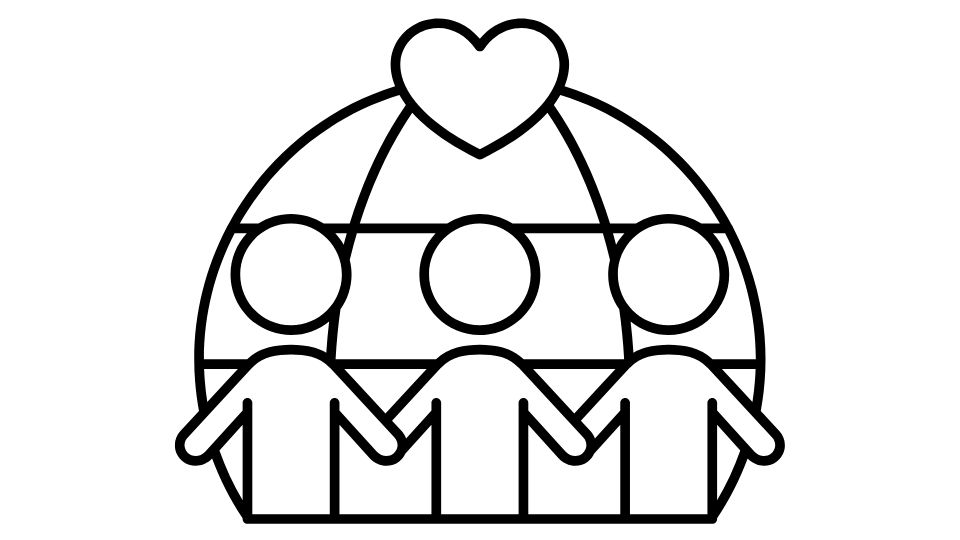
After reviewing dozens of apps and talking to actual bariatric patients, these are the standouts:
1. Baritastic – The Gold Standard
If you’re only going to download one app, make it this one. Baritastic was built specifically for bariatric patients and it shows.
What makes it awesome:
- Comprehensive food, water, and vitamin tracking
- Built-in bite timer (seriously helpful in those early weeks)
- Patient journal to note symptoms or issues
- Connection to a bariatric support community
- HIPAA-compliant connection to your medical team
Many bariatric clinics actually partner with Baritastic to monitor their patients remotely. The Cleveland Clinic reports that patients using the app track food more consistently and lose more weight than those who don’t.
2. MyFitnessPal – The Versatile Option
While not bariatric-specific, MyFitnessPal offers an enormous food database that makes tracking easier.
What’s good:
- Massive food database (over 14 million items)
- Easy barcode scanning
- Customizable macro goals for each phase of recovery
- Syncs with most fitness trackers
The downside? You’ll need to manually adjust the protein goals and calorie targets for your specific post-op phase.
3. MealbyMeal – For When You Just Can’t Be Bothered
Let’s be honest – food logging gets tedious. MealbyMeal takes a completely different approach that many bariatric patients find refreshing.
Instead of logging every ingredient, you simply text what you ate – like “2 eggs and 1/4 cup cottage cheese” – and the app calculates calories and macros automatically.
What makes it unique:
- Ultra-simple text-based logging
- Automatic calorie and macro calculations
- No need to search databases
- Perfect for when traditional apps feel overwhelming
While not exclusively for bariatric patients, its simplicity makes it ideal for those days when detailed tracking feels like too much work. Check out MealbyMeal’s approach if you want to learn more.
4. Waterlogged – Hydration Helper
After bariatric surgery, dehydration is a serious risk. This simple app focuses solely on tracking water intake.
What it offers:
- Customizable hydration goals based on your needs
- Reminders throughout the day
- Visual tracking of intake
- Simple, focused interface
Many patients use this alongside their main tracking app for extra help staying hydrated.
5. Beyond Food: Supporting Apps
Don’t forget about these helpful companions:
- HappyScale: Shows weight trends rather than daily fluctuations (because the scale will drive you crazy otherwise)
- Headspace: For mindfulness and stress management (crucial for emotional eating)
- Fitbit/Apple Health: For tracking gentle walking during recovery
How to Choose the Right App for You
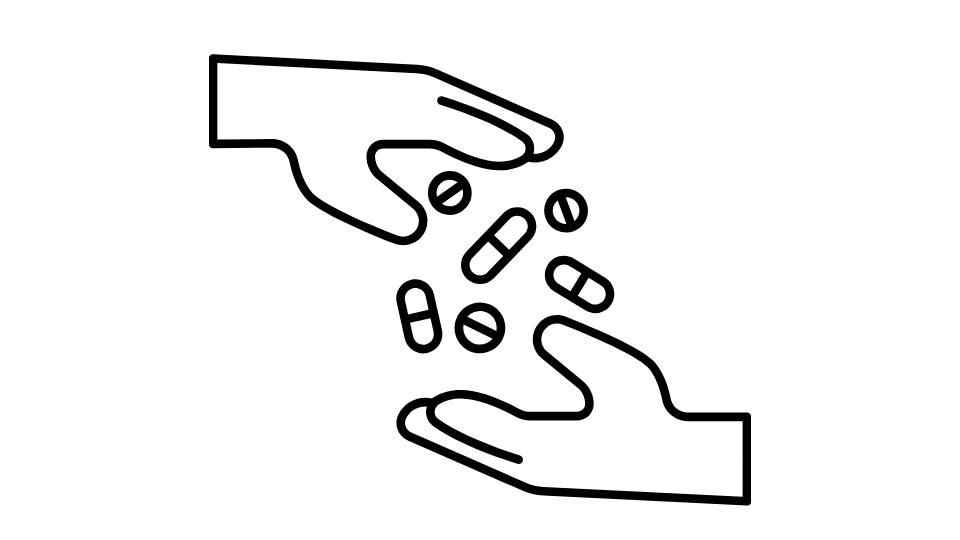
The “best” app depends on where you are in your journey:
Pre-Surgery
Focus on apps that help you establish new habits and educate you about the journey ahead. Baritastic offers great pre-op checklists and education.
Early Post-Op (0-3 months)
This is when tracking is most critical. You need detailed protein, fluid, and vitamin monitoring. Baritastic shines here with its bite timers and phase-specific guidance.
Later Post-Op (3+ months)
As you establish routines, you might prefer something simpler like MealbyMeal for basic accountability without the hassle.
Years Out
Many patients eventually transition to maintenance tracking, where they might log food only during weight fluctuations or “check-in weeks” each month.
Making Tracking Stick (When You Really Don’t Want To)
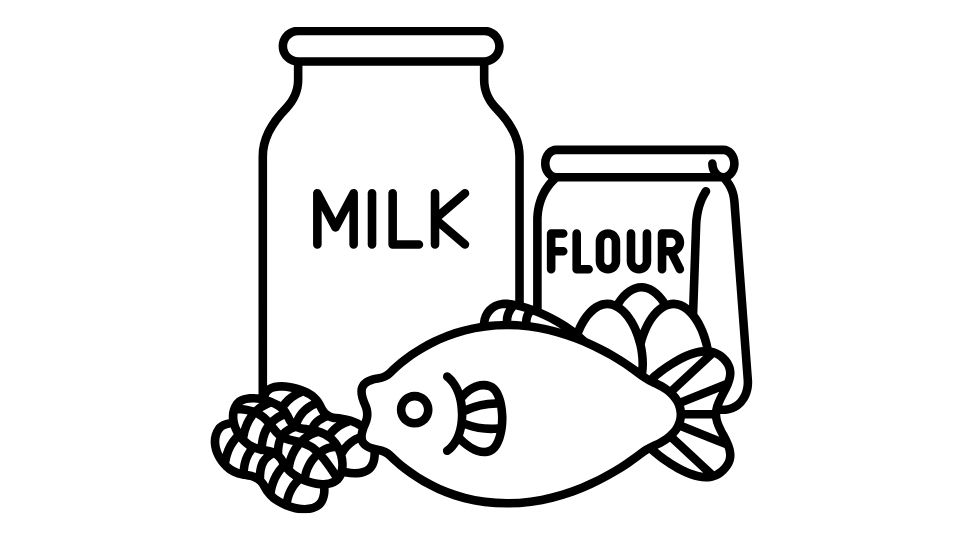
Let’s be real – tracking gets old. Even the most dedicated patients struggle with logging fatigue.
Try these strategies:
- Start small: Track just one thing (like protein) until it becomes habit
- Take breaks: Schedule “tracking vacations” where you rely on your established habits
- Use reminders: Set phone alarms for meals, vitamins and water
- Connect with your clinic: Many offer rewards or accountability programs
Remember, the goal isn’t perfect tracking forever. It’s building sustainable habits that eventually become second nature.
The Bottom Line
A good meal tracking app can be the difference between struggling through your bariatric journey and thriving in your new life.
The Journal of Medical Internet Research found that consistent app use improves weight loss outcomes by up to 25% in bariatric patients.
Whether you choose the comprehensive approach of Baritastic, the massive database of MyFitnessPal, or the text-simplicity of MealbyMeal, the most important thing is finding an app you’ll actually use consistently.
Your bariatric journey is uniquely yours. The right tracking app should feel like a helpful friend, not another chore on your to-do list.



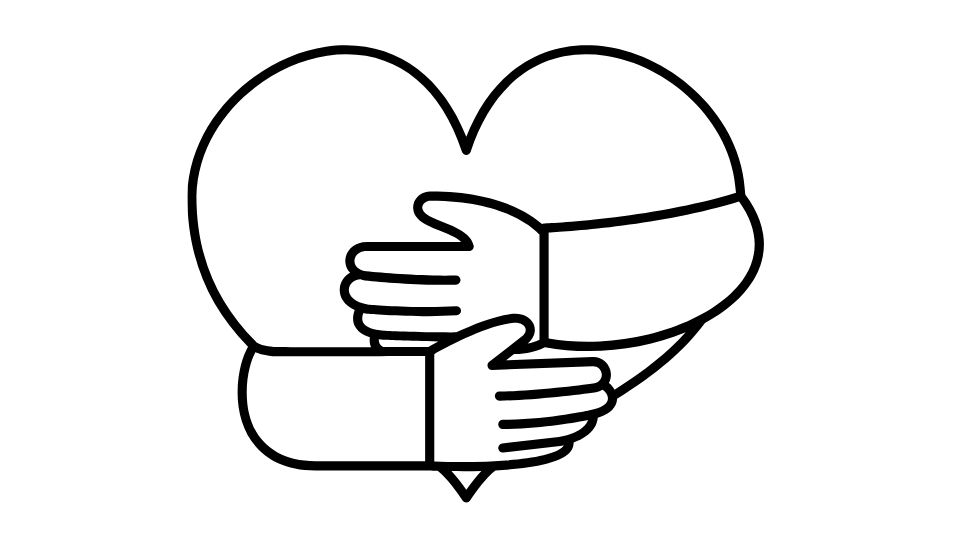
Leave a Reply